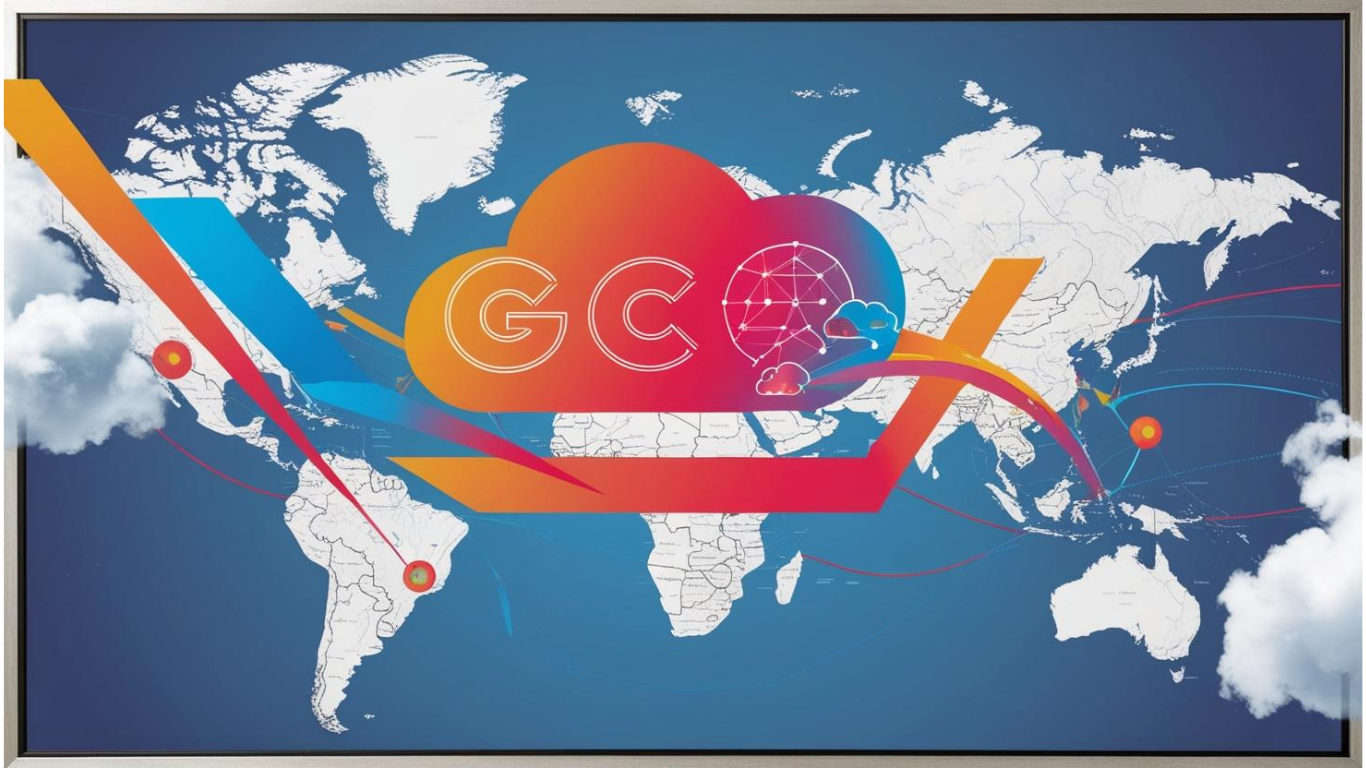Why GCC Businesses are Rapidly Moving to the Cloud: Benefits & Key Considerations for Qatar, UAE, & KSA
Introduction: The GCC’s Digital Leap Toward the Cloud
Across the Gulf Cooperation Council (GCC), cloud computing is reshaping how businesses operate. Driven by ambitious national visions—Qatar National Vision 2030, Saudi Vision 2030, and UAE’s Digital Government Strategy—organizations are accelerating digital transformation through cloud technologies. From startups to large enterprises, cloud adoption in Qatar, UAE, and Saudi Arabia is becoming essential for growth, resilience, and competitiveness.
As Cloud Computing GCC gains momentum, companies must understand not only the benefits but also the strategic considerations unique to the region.
Why the Shift? Top Benefits for GCC Businesses
1. Scalability & Flexibility
GCC markets are fast-moving and often seasonal. Cloud platforms offer unmatched scalability and flexibility, allowing businesses to adjust resources in real-time. This elasticity supports fluctuating demand—especially in retail, hospitality, and e-commerce sectors—without costly infrastructure investments.
2. Cost Efficiency
Traditional IT systems demand large capital expenditures (CapEx) and ongoing maintenance. Cloud computing transforms this into an operational expense (OpEx) model. By only paying for what you use, businesses can reduce infrastructure overhead, optimize budgets, and redirect resources to innovation.
3. Enhanced Collaboration & Remote Work
With growing adoption of hybrid and remote work models, cloud-based tools enhance collaboration across departments and locations. This is especially valuable in the GCC’s multinational workforce, where seamless communication and real-time data sharing are critical for productivity.
4. Innovation & Agility
Cloud platforms offer access to advanced technologies like AI, ML, IoT, and big data analytics—all essential for innovation. Businesses can rapidly test, deploy, and scale digital solutions without long development cycles, giving them an edge in a competitive environment.
5. Improved Data Security & Disaster Recovery
Security remains a top concern in the region, and leading cloud providers offer robust encryption, multi-layer security, and disaster recovery capabilities. These tools help GCC businesses meet both international and local data security standards, enhancing trust and operational continuity.
6. Supporting National Digitalization Goals
Governments across the GCC are heavily investing in digital infrastructure. Cloud adoption aligns with these national digital strategies, qualifying businesses for potential incentives and helping them stay compliant with emerging policies.
Key Considerations Before Migrating in the GCC
Before embracing the cloud, businesses in Qatar, UAE, and Saudi Arabia should consider:
1. Data Sovereignty & Compliance
Each country enforces specific data residency and compliance regulations. For example:
- Qatar requires certain sensitive data to be stored locally.
- Saudi Arabia mandates data to be hosted within its borders for key sectors.
- UAE has introduced cloud-first policies with guidelines for public sector data.
Understanding these regulations is crucial to ensure cloud compliance in GCC.
2. Vendor Selection
Choose cloud vendors with regional data centers and Arabic-speaking support teams. This ensures better performance, latency, and local support—especially for regulated industries like healthcare, banking, and government.
3. Security Protocols
GCC organizations must evaluate security frameworks that address region-specific threats, such as cyberattacks on infrastructure and oil & gas sectors. Customizing security configurations and access controls is essential.
4. Integration with Existing Systems
Cloud migration should not disrupt existing workflows. A thorough integration strategy ensures seamless operation between legacy systems and new cloud environments.
5. Skill Gaps & Training
The shift to cloud requires upskilling internal teams. Investing in cloud training and certification programs ensures staff can manage and optimize cloud environments effectively.
How Tradify Services Can Help Your GCC Business Embrace the Cloud
Tradify Services (TFS) specializes in helping organizations in Qatar, UAE, and Saudi Arabia make the transition to cloud smoothly and securely. Our offerings include:
- Expert Cloud Consultation: Certified specialists in AWS, Azure, and Google Cloud
- Tailored Migration Strategies: Aligning cloud solutions with your business goals and compliance needs
- Managed Cloud Services: Ongoing support, performance optimization, and proactive maintenance
- Security & Compliance: Comprehensive risk assessments and implementation of regulatory-compliant environments
With deep regional knowledge and technical expertise, TFS is your trusted partner for cloud adoption in the GCC.
Conclusion: The Future is Cloud-First
The cloud is no longer optional for businesses in the GCC—it’s a strategic necessity. From scalability and cost savings to enhanced innovation and compliance, cloud computing enables enterprises to thrive in a digital-first economy. As Qatar, UAE, and Saudi Arabia continue to invest in national digital transformation, the time to move is now.
Connect with Tradify Services to start your cloud journey with confidence.


